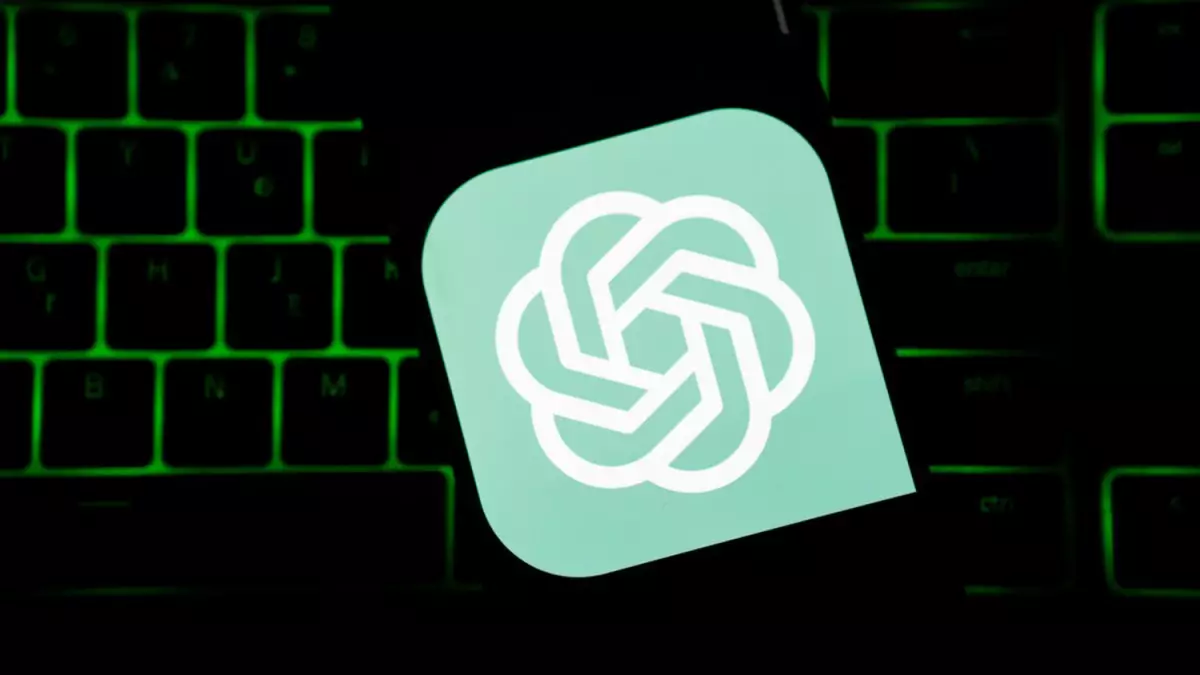On Thursday, OpenAI faced a significant service disruption that began around 11 a.m. PT, affecting ChatGPT, Sora, and their developer-facing API for several hours. As of the afternoon, reports indicated that services were still recovering, with many users experiencing difficulties accessing their chat history and other functionalities. This recurring issue challenges OpenAI’s reliability as a leading AI provider, raising concerns among its user base.
This recent incident isn’t an isolated occurrence. Users familiar with OpenAI’s platforms may recall a similar outage earlier in the month. In that instance, the company linked the disruption to a malfunction in a new telemetry service. Alarmingly, that outage extended for about six hours, unprecedented for the usually brief service interruptions seen in the past, where most disruptions typically lasted one to two hours. Such repeated outages could foster frustration among loyal users, who rely on these tools for various applications, from casual inquiries to more complex computational tasks.
OpenAI’s acknowledgment that the current outage stemmed from an issue with an upstream provider further complicates the situation. While the company has committed to resolving the issues, insufficient transparency leaves users in the dark about the specific cause and expected resolution timelines. This lack of detailed communication raises questions about reliability and accountability, particularly as users encounter error messages and accessibility problems.
Notably, some applications integrating OpenAI’s API, such as Perplexity and Siri’s Apple Intelligence, remained operational during the outage. This suggests that the problems may not be universal across all services utilizing OpenAI’s technology. However, the impact on users of ChatGPT and Sora may lead to an increased perception of instability for those services. As the demand for AI technologies continues to surge, the capacity to maintain consistent, reliable service becomes paramount. Users may start seeking alternatives if these outages become a regular scenario, threatening OpenAI’s competitive edge.
As OpenAI works towards restoring full functionality, it faces a critical juncture. Rapid growth and widespread adoption of AI tools necessitate a robust infrastructure capable of supporting an expanding user base. Continuous communication regarding updates and resolutions can help rebuild trust among users. Additionally, investing in preventative measures to mitigate future outages should be a priority for OpenAI to ensure that it remains a trusted player in the AI landscape.
While OpenAI’s services hold immense potential, the frequency and duration of outages present significant challenges. For users and developers alike, the expectation of reliability is crucial and must be addressed to sustain confidence in OpenAI’s offerings moving forward.

